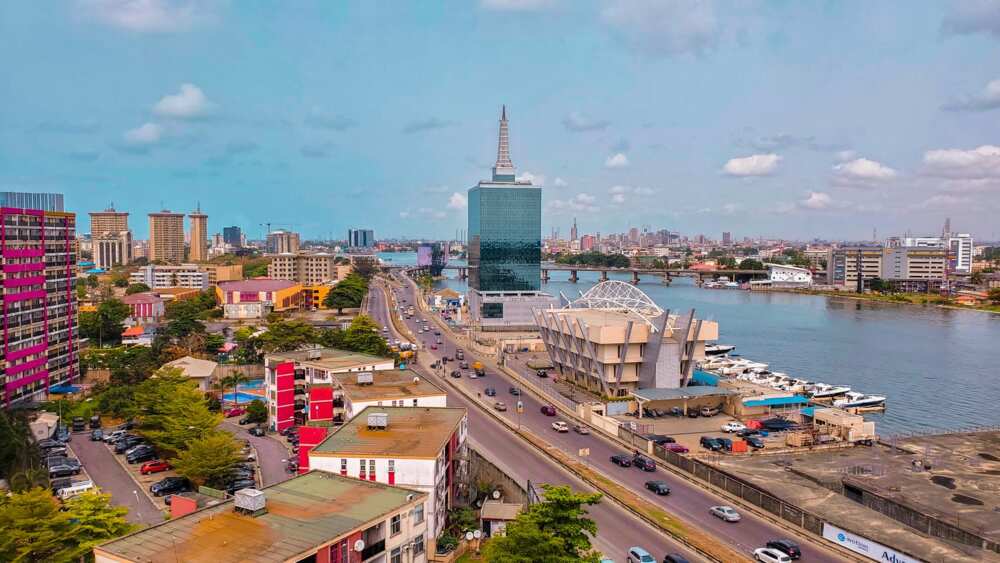
What has been the disposition of the Federal Government towards caretaker committees in recent times?
On the 1st of December, 2023, the Senate asked the federal government to stop the statutory allocation of funds to local government councils whose chairpersons were not democratically elected. The resolution followed a motion by the Senate Minority Leader, Abba Moro, during the plenary on Friday.
Mr Moro, the senator representing Benue South under the platform of the Peoples Democratic Party (PDP), complained that some state governors dissolved elected local government officials and replaced them with caretaker committees. He specifically identified Benue State Governor, Hyacinth Alia, as one of the Nigerian governors running affairs of local governments with caretaker committees.
According to Mr Moro, the development was against the constitutional provision of the local government system. He therefore urged members of the upper chamber to condemn the use of caretaker chairpersons as administrators of local governments. This motion garnered overwhelming support and the Speaker directed the Clerk of the Senate to communicate the resolution to the appropriate authorities.
Background
A motion is a proposal made by a member or a group of members to a Chamber to do something, order something to be done or express an opinion about some matter. A motion may not be entertained if the subject matter is before a competent Court of Law. However, motions have no legal force, but moral force. Resolutions are merely persuasive and nudging, but not constitutionally binding and non-implementation of these resolutions renders the collective wisdom of the Senate to nought.
It is against this background that the Standing Committee on Legislative Compliance was set up to ensure that adequate measures are put in place to guarantee the implementation of National Assembly resolutions and other sundry issues by all government agencies. So far, it is hard to review the impact of this committee since its creation.
Nonetheless, it is important to highlight that in 2012, the House of Representatives on Thursday received and adopted a motion which kicked against the illegal constitution of caretaker committees by state governors in local government areas in the country. The motion noted that this system of government as practiced by many state governments was not provided for in the 1999 constitution of the Federal Republic as amended. At the time, about 25 states in the country did not have elected officials in the local government administration.
In the same vein, the erstwhile Attorney General of the Federation, Abubakar Malami, through a letter dated January 14, 2020, called for immediate disbandment of caretaker committees and restoration of elected local government representatives in Oyo State. This was coming after Governor Seyi Makinde dissolved the elected local government executives in the state, a year into his administration. According to him, by the decision of the Supreme Court on the matter that is binding on all 36 States of the Federation, the common practice by some state governors in dissolving elected local government councils is unconstitutional, null and void. This Supreme Court decision was delivered by a five-member panel led by Rhodes-Vivour, voiding laws enacted by the states’ Houses of Assembly which allow governors to sack elected chairmen of local governments and councillors and replace them with appointed administrators
Unfortunately, in February 2020, most of the defaulting states denied receiving any letter on the subject matter despite the confirmation by the office of the AGF that it sent the letters advising states to comply with the provisions of the Constitution concerning the administration of local governments in line with the judgement of the Supreme Court.
Most recently, a High Court sitting in Akure on the 1st December 2023, also restrained Gov. Rotimi Akeredolu from inaugurating a caretaker committee for the newly created 33 Local Development Council Areas (LCDAs) and the 18 local government areas of the state. To address this anomaly, the Senate President, Godswill Akpabio advocated for the establishment of a National Electoral Commission for local government so that state governors will no longer have an overbearing influence on council polls.
What Happens Next?
Replacing local government councils with caretaker committees has become a fast-growing trend among states as well as a growing concern. Using motions and resolutions to handle this matter has proven to produce only a kid glove effect. Since judicial precedents are a source of law in Nigeria, the executive may need to take more legal steps to compel the compliance of states without democratically elected councils. Thus, until implementation is taken seriously, motions and resolutions will only have a persuasive effect.
Sources:
PLAC Handbook Final (placng.org)
Senate asks FG to stop allocation of funds to LGs run by caretaker committees (premiumtimesng.com)
Microsoft Word – AJPAS 8 June 2019 (ajpasebsu.org.ng)
Court Restrains Ondo from Swearing in LCDAs, LGA Interim Committees – THISDAYLIVE
